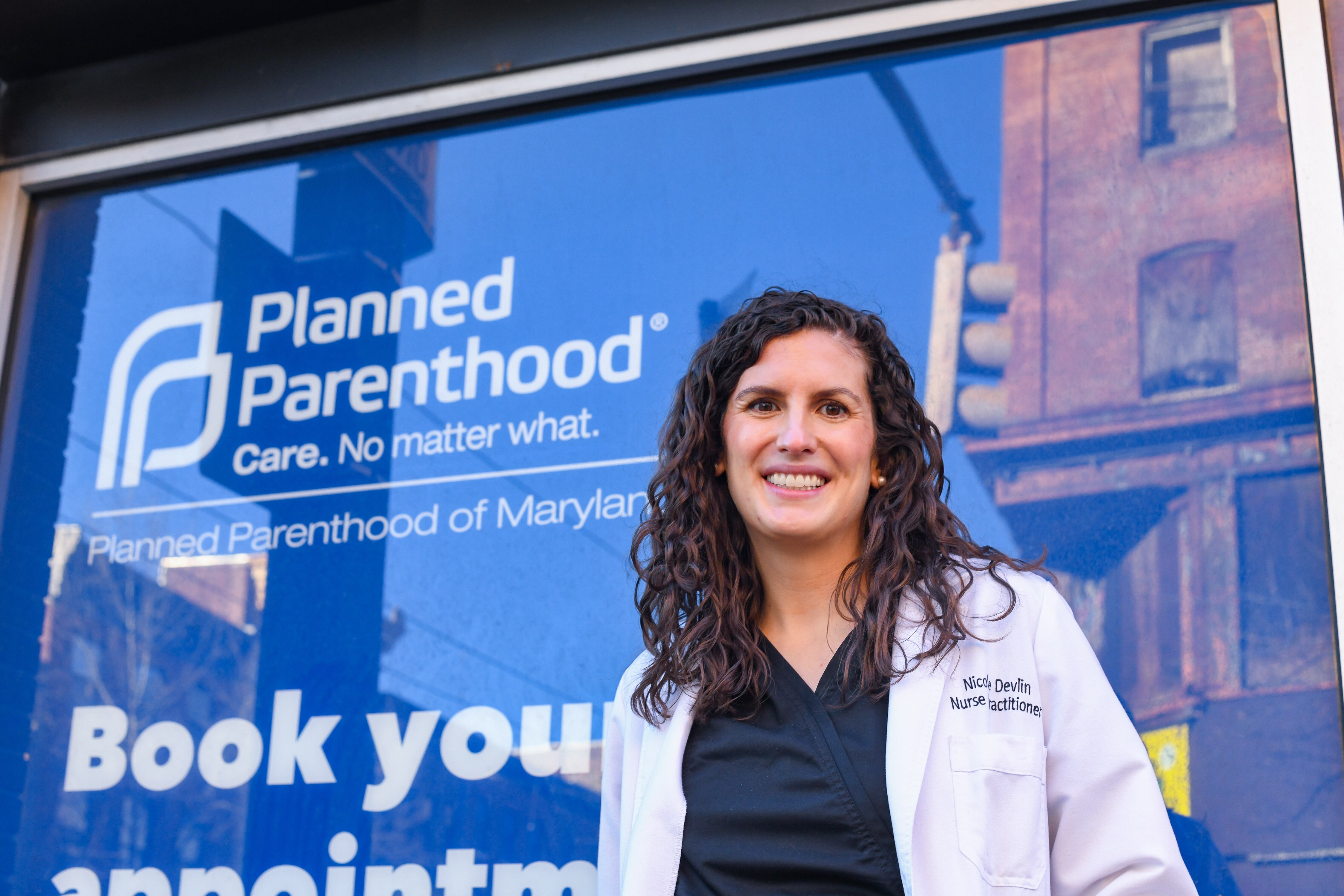CURRENT EDITION: baltimore (none)🔄 Loading BlueConic...EDITION HISTORY: No changes tracked
🔵 BlueConic: ___🔗 Query: ___✏️ Composer: ___
Moore, legislative leaders support new protections for reproductive health
The bills would protect abortion providers and patients from out-of-state legal action, ensure reproductive services are available on public college campuses and add privacy protections for medical records.
House speaker wants to give Maryland voters a choice on constitutional right to abortion
A draft of the bill states ”every person, as a central component of an individual’s rights to liberty and equality, has the fundamental right to reproductive freedom including but not limited to the ability to make and effectuate decisions to prevent, continue, or end one’s own pregnancy.”
Banner political notes: Leave no campaign slogan behind; ask and you shall receive
Gov. Wes Moore’s campaign slogan is swiftly becoming part of the daily vernacular in Annapolis and beyond.
5 takeaways from Maryland’s big bill to legalize cannabis sales
Maryland lawmakers chose a simpler tax structure than other states, opting for only a sales tax instead of a combination of excise, weight and potency taxes.
Bill outlines plan to legalize cannabis sales in Maryland by July 1
The expansive legislation, which tackles a host of commerce-related issues, including safety regulations, taxes and licensing equity, comes months after voters overwhelmingly passed a constitutional amendment legalizing recreational marijuana.
Gov. Moore lays out a vision of service in first State of the State address
“At a time when civic bonds are frayed, where many feel more disconnected from their neighbors than ever before, service is the antidote to the epidemic of loneliness and otherness,” Moore said in his speech before lawmakers.
With training money on the way, Maryland abortion providers want to improve access
Training more nurses to perform abortions is now a step closer with a formal training program in the works, though it’s still likely months or more away.
Biden says new Baltimore train tunnel will improve service, create jobs
The nearly mile-and-a-half stretch that connects Penn Station to Washington, D.C., and Amtrak’s Northeast Corridor, and it’s a notorious bottleneck; Amtrak says delays at the site are persistent.
With eviction ‘crisis’ on the horizon, state budget includes no additional money for rent assistance
The state’s $750 million allotment of federal emergency rental assistance, which helped prevent thousands of evictions across Maryland during the pandemic, is set to be fully spent by March or April, according to the state Department of Housing and Community Development.
Cannabis, education, health care among Legislative Black Caucus priorities
The caucus wants to remove cannabis-related fines and fees and eliminate cannabis odor as a reason for law enforcement stops and searches. Profits from cannabis businesses, they urge, need to be directed back into the communities that have been most affected by the drug’s criminalization.
‘Maryland can be bold’: Gov. Wes Moore outlines vision for state during inaugural speech
Moore made bold promises in his speech, including ensuring that Maryland is both “a safe state and a just state.” He also pledged to improve the health of the Chesapeake Bay and to put the state “on track” to have 100% of its energy from renewable sources by 2035.
Gov.-elect Wes Moore planning inaugural events with accessibility in mind
From organizing buses to Annapolis, low-cost ticket options and a flexible dress code, Gov.-elect Wes Moore is trying to make sure as many people as possible can attend inaugural events.





